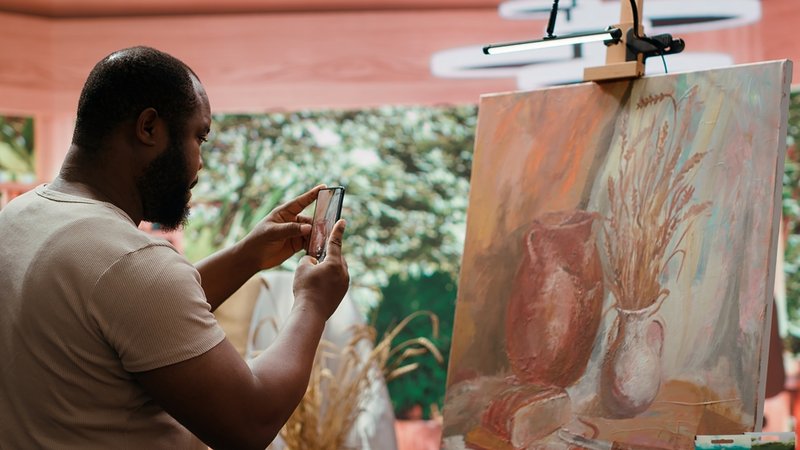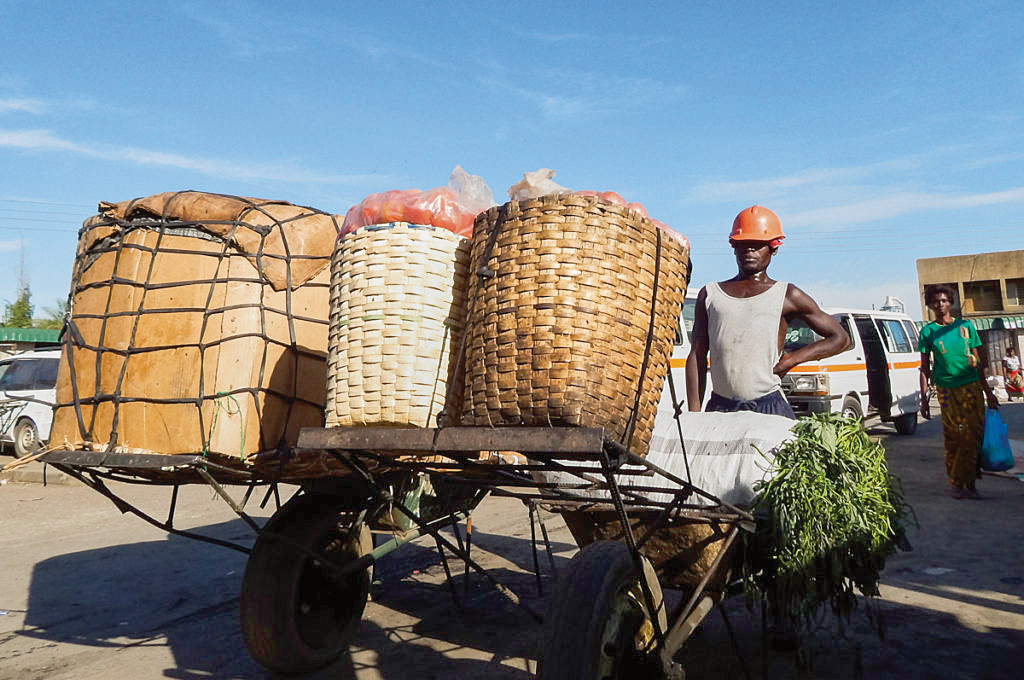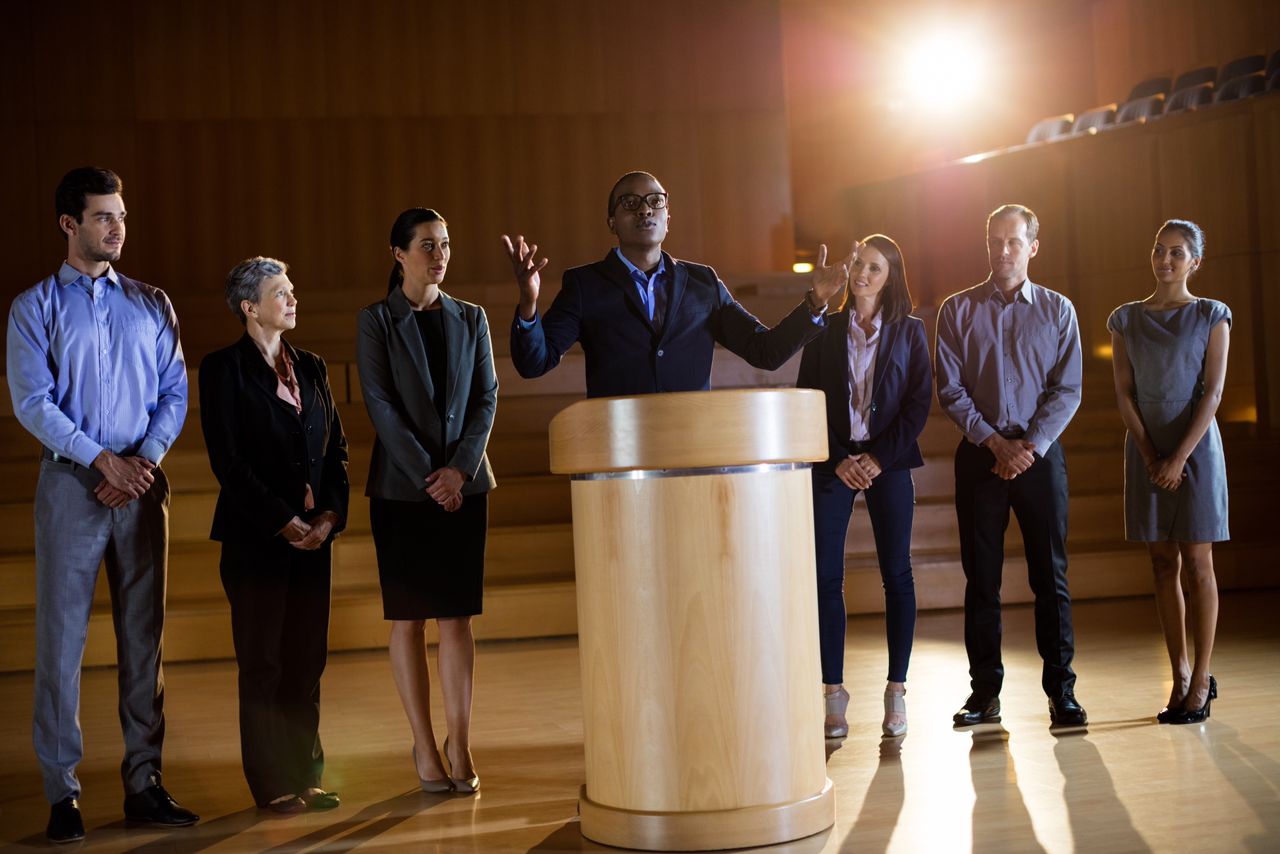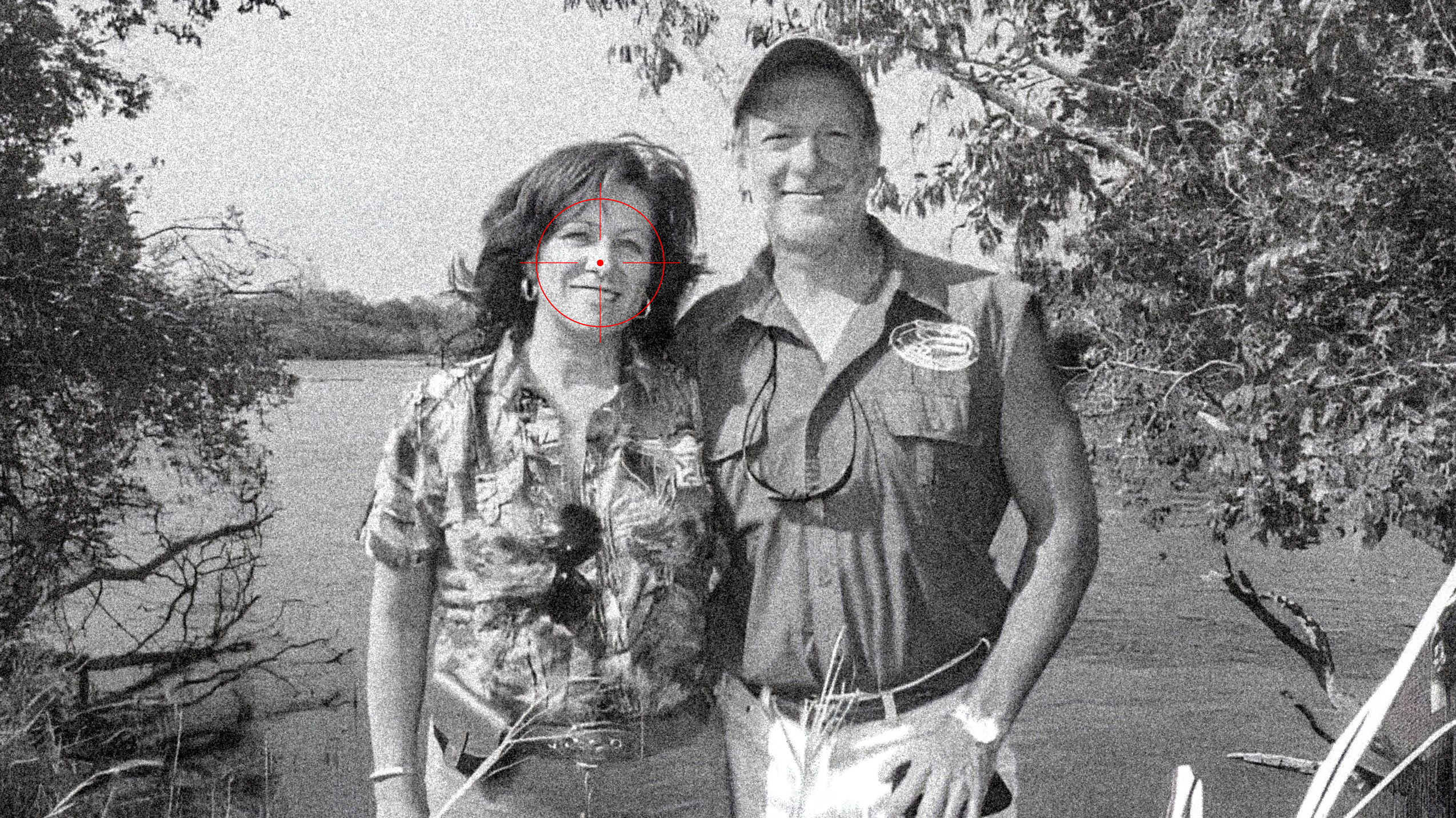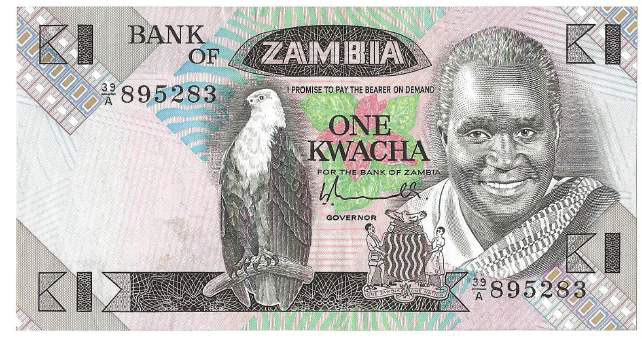Dive into why understanding intellectual property in Zambia isn't just legal jargon—it's survival for artists trying to make a living from their work. We break down the Copyright & Performance Rights Act in plain English and explore what Zambia's IP system needs to thrive.
Picture this: You've spent years building your brand, perfecting your craft, and becoming a household name. Then one day, someone else owns part of your identity. That's precisely what happened to hitmakerXaven the Kopala Queen on May 13th when comedian Sarafina Ntenga successfully copyrighted part of her stage name. Just like that, an integral part of her brand was gone—something that had taken just as long to build as the rap skills that made her famous.
Overnight, an integral part of her brand had been stripped away - one essential to her marketing and image as an artist, one that arguably took just as much time to build as the rap skills that had made her a household name. This is an extreme example, but one that showcases exactly what is at risk for creatives when dealing with intellectual property. With Zambia's attempt to tap into the creative economy, workshops and webinars on marketing and branding for artists, as well as pamphlets and websites on how to monetise one's art and cultivate an image into a brand appealing enough to attract an audience. However, when intellectual property and copyright are neglected, years of hard work and artistry can be lost (or maintained) in all the time it takes to book a PACRA appointment.

Getting to Grips with Copyright Law
The moment someone mentions the Copyright & Performance Rights Act, most of us break out in a cold sweat. But here's the surprise—the basics are pretty straightforward.
What is Copyright?
- Your creative bodyguard: Legal protection for original work from your brain.
- Its purpose: Protects creators, ensures fair pay, and stops people from stealing your work.
- Managed by: ZAMCOPS, PACRA, and ZARRSO.
Key fact: You don't need to register—copyright exists the moment you create something original.
Digital World Reality Check
The monetisation of intellectual property depends on ownership being clearly understood. When intellectual property is managed correctly by the law and understood by creatives, it can serve as an economic booster. However, when neither party understands what's at stake, a stakeholder is lacking in knowledge, resulting in a loss of both intellectual property and content that could be monetised.
- Copying entire articles to Facebook = legal trouble.
- Passing off someone's poetry as yours = copyright infringement.
- That "harmless" copy-paste can mess with someone else's rights.

The Reality Check: What's Going Wrong
Despite having decent laws on paper, Zambia's IP landscape is somewhat of a mess. There is a big gap in the cost of litigation because cases take too long, and the framework of enforcement in copyright issues and royalty collections is lacking. Although the law itself is strong on paper, its execution faces challenges. Most Zambian lawyers are not practising copyright law, and most Zambian artists are unable to pay an appropriate fee to be represented.
Court System Problems
- Underfunded and overworked courts.
- No specialised IP courts.
- High litigation costs, lengthy processes.
- Most lawyers avoid copyright law (artists can't afford fees + fear of hiring lawyers).
"There is a big gap in the cost of litigation. Cases take too long... Although the law itself is strong, there are technical issues that hinder its application." — Lemekani Mtonga, CHOLT Legal Practitioners.
Enforcement Framework
- ZIPA, police, and customs lack proper training and equipment.
- Poor coordination between agencies creates confusion.
- Broken royalty collection system cheats musicians.
The Knowledge Gap
- Artists don't know their rights.
- Can't protect what you don't understand.
- Accidentally infringing on others' rights = career suicide.
When Someone Steals Your Work
Here's what actually happens when someone rips off your creative work:
Your Legal Weapons
- Take them to court for copyright infringement.
- Get an injunction to make them stop immediately.
- Consequences for continued violation: Prison time + monetary damages.
Reality check: Yes, our courts are slow and frustrating. But once you start the process, outcomes are predictable—you're almost guaranteed to win with a solid case.
How to Make Things Better
In his dissertation The Enforcement of Intellectual Property Rights As A Tool For Economic Development in Zambia, Misozi Ngulube recommends these measures:
What the Government Needs to Do
- Set up specialised IP courts with trained judges.
- Properly fund enforcement agencies.
- Fix collection societies with transparency.
- Make IP protection part of national development.
- Educate people about their rights.

What You Can Do Right Now
Free Resources Available:
- PACRA website (https://info.pacra.org.zm/): Basics on copyright, patents, trademarks.
- AI tools: Use carefully for fundamentals (not legal advice!).
- Creative hub workshops: Available around Lusaka.
Your Action Plan
- Learn the basics of copyright law.
- Read everything you can find.
- Talk to a lawyer about your specific rights.
- Stay updated on IP law changes.
Mtonga's golden advice: "Get a professional lawyer to consult about your legal rights as well as your obligations."
The Bottom Line
In a world where artists already struggle to make ends meet, understanding intellectual property isn't just helpful—it's survival. It's the difference between making money from your life's work and watching someone else profit from what you created.
With stories like Xaven's becoming more common and social media making content theft easier than ever, understanding these laws isn't optional anymore. Don't let your story become the next cautionary tale. Learn your rights, protect your work, and make sure you're the one benefiting from your creativity.
